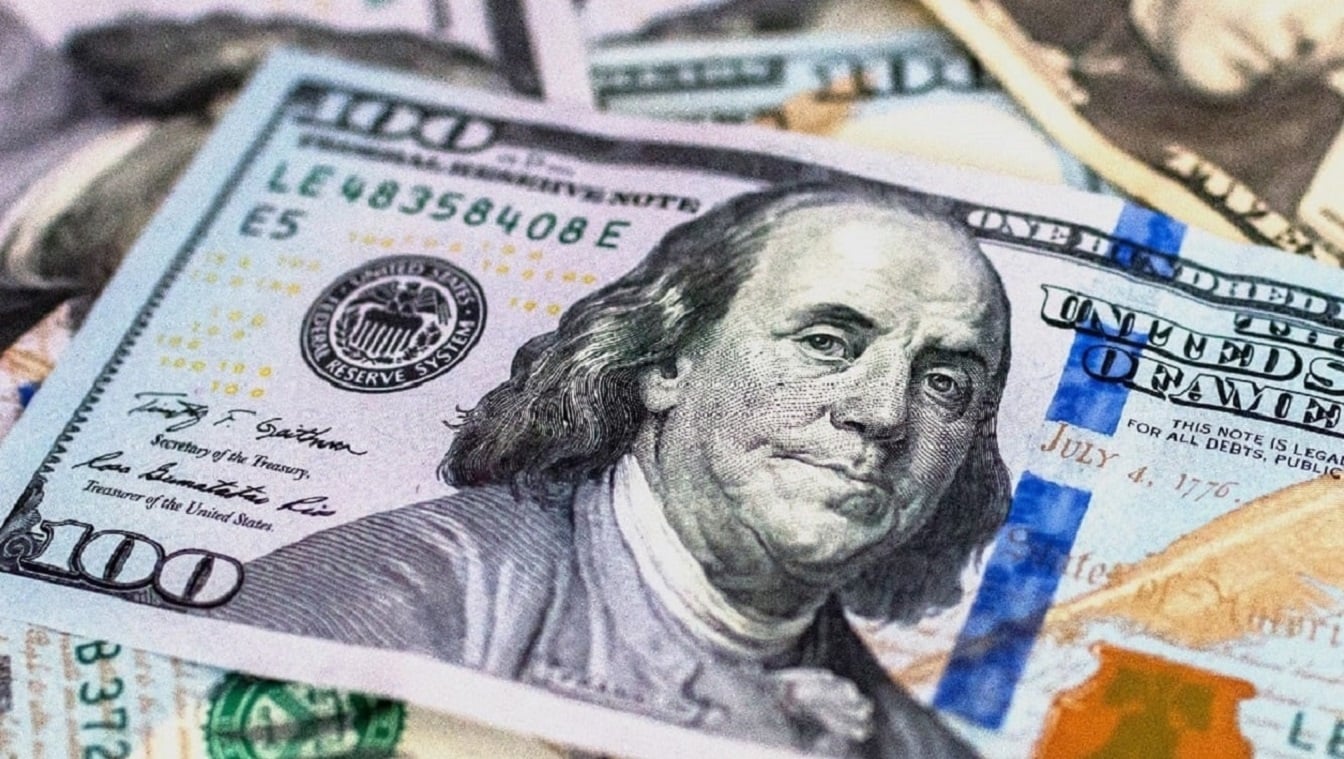Galaxy CEO Warns U.S. Economy Will “Collapse” – Galaxy Investment Partners CEO Mike Novogratz warned this week that the U.S. economy is on the verge of collapse.
Novogratz made the comments on the same day that the Federal Reserve announced a second interest rate in roughly six weeks. The Federal Reserve announced that interest rates would increase by 0.75% this month, following a two-day meeting, as part of a wider effort to drive down demand and control inflation.
But Novogratz doesn’t think the Federal Reserve’s efforts will work, warning that the economy “is going to collapse” in an interview with MarketWatch.
“We are going to go into a really fast recession, and you can see that in lots of ways,” the investor added, right before the Federal Reserve announced its newest rate hike.
“Housing is starting to rollover,” he continued. “There are layoffs in multiple industries, and the Fed is stuck.”
Novogratz didn’t offer a timeline of how quickly he thinks it will take for the U.S. economy to sink into a recession, he did say that he doesn’t believe the Federal Reserve will be able to prevent it.
“The Fed is stuck,” he continued, adding that the only thing the Federal Reserve can do is hike up rates “until inflation rolls over.”
It means that borrowers will be charged more, demand for goods and services will go down, and the economy could enter a prolonged period of recession for months or years until inflation is brought under control.
Economists Worry the Fed Is Wrong
Only a day after Federal Reserve Chairman Jerome Powell insisted that the bank is not trying to deliberately cause a recession, and that the U.S. economy is on a good footing to recover, economists expressed doubt that the Federal Reserve has gotten things right.
RBC economist Tom Porcelli said on Thursday that Powell’s comments didn’t reflect the hard data.
“At minimum, growth was going to slow even before the Fed started pressing on the brakes,” Porcelli said. “The evidence on that is seemingly growing on a pretty consistent basis now…with all due respect to Powell’s comment, it’s just not consistent with the data on the ground.”
After the Federal Reserve announced its biggest rate increase since 1994 on Wednesday, global stock markets fell once again – also indicating a lack of confidence in the economy overall.
The United Kingdom and Switzerland followed suit and increased their interest rates on Thursday, a day after the United States, resulting in global markets spiraling downwards. The Japanese Nikkei dropped 1.6%, Australia’s primary stock market index fell by more than 2%, and the S&P 500 in the United States fell by 3.2%. The Dow Jones Industrial Average also fell by over 2.4%.
Jack Buckby is a British author, counter-extremism researcher, and journalist based in New York. Reporting on the U.K., Europe, and the U.S., he works to analyze and understand left-wing and right-wing radicalization, and reports on Western governments’ approaches to the pressing issues of today. His books and research papers explore these themes and propose pragmatic solutions to our increasingly polarized society.

